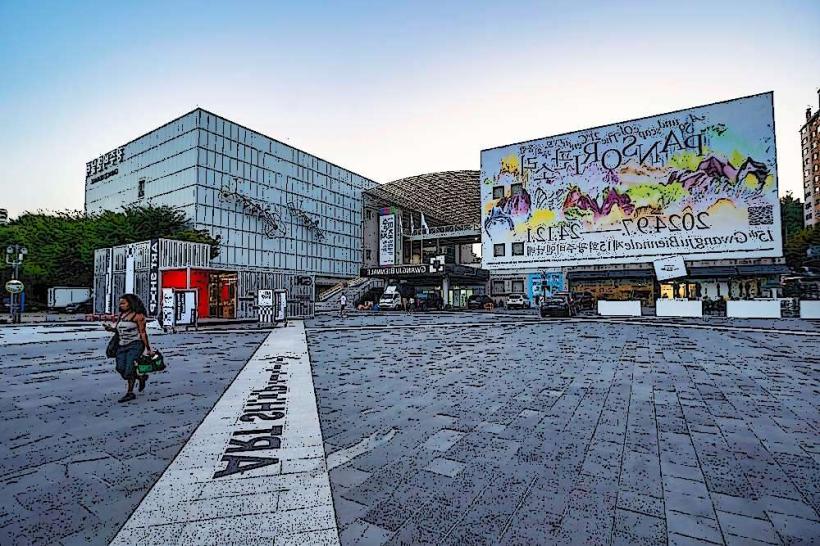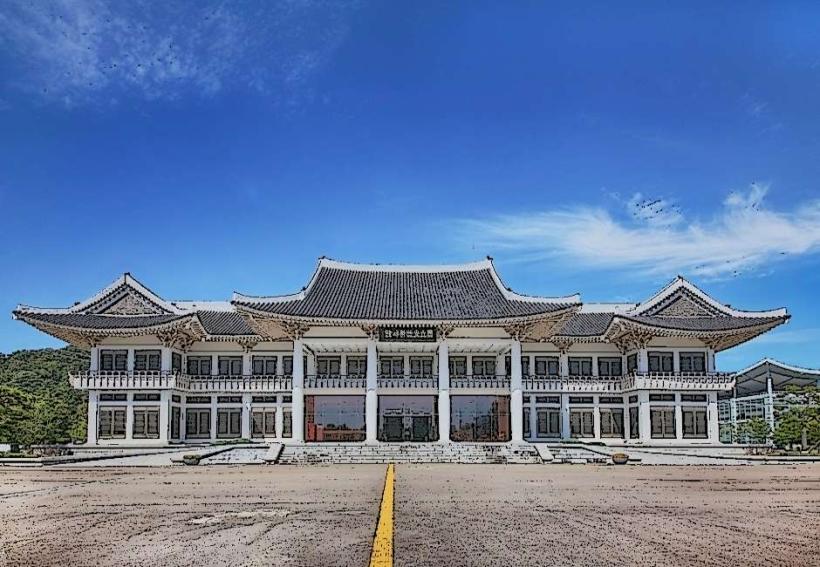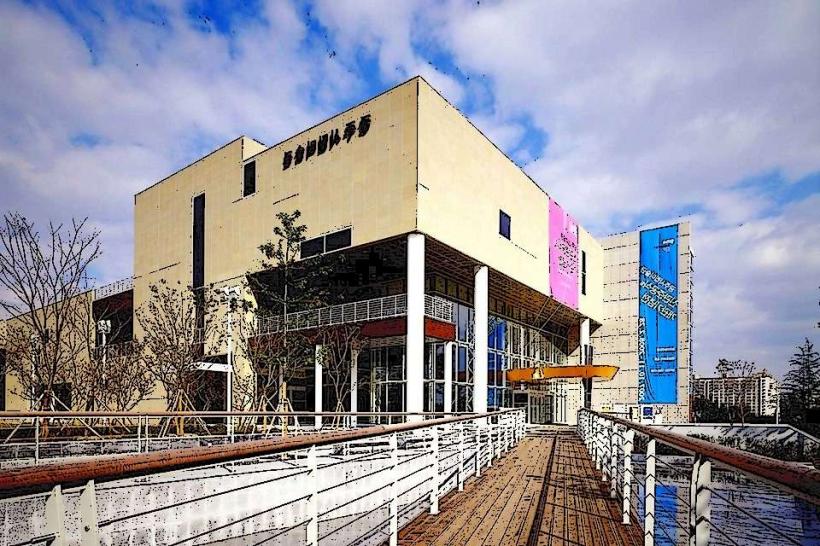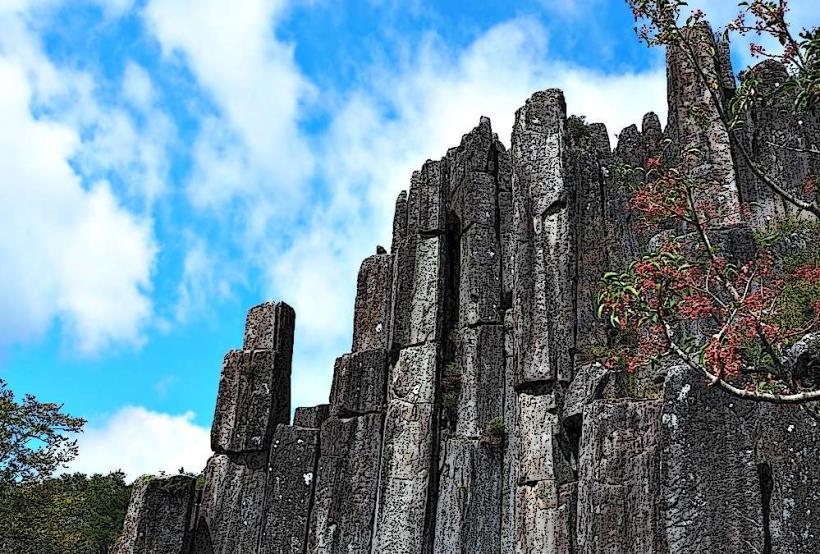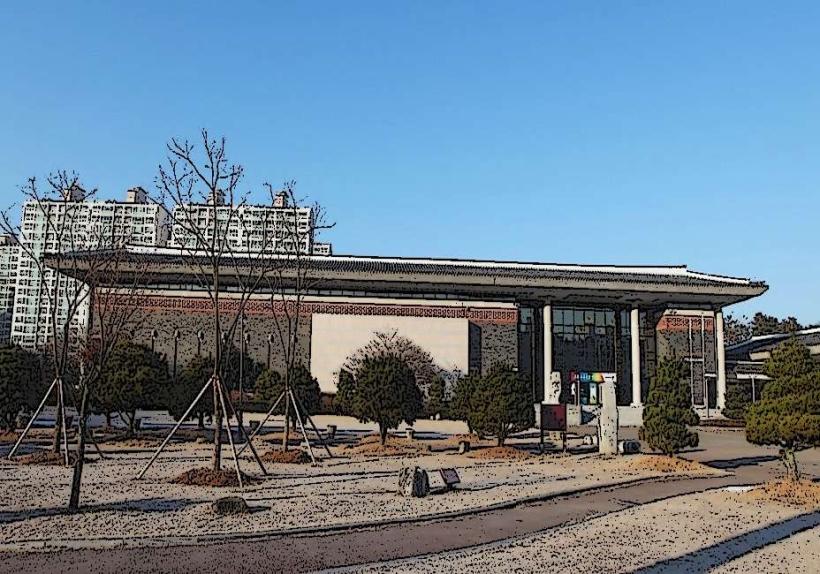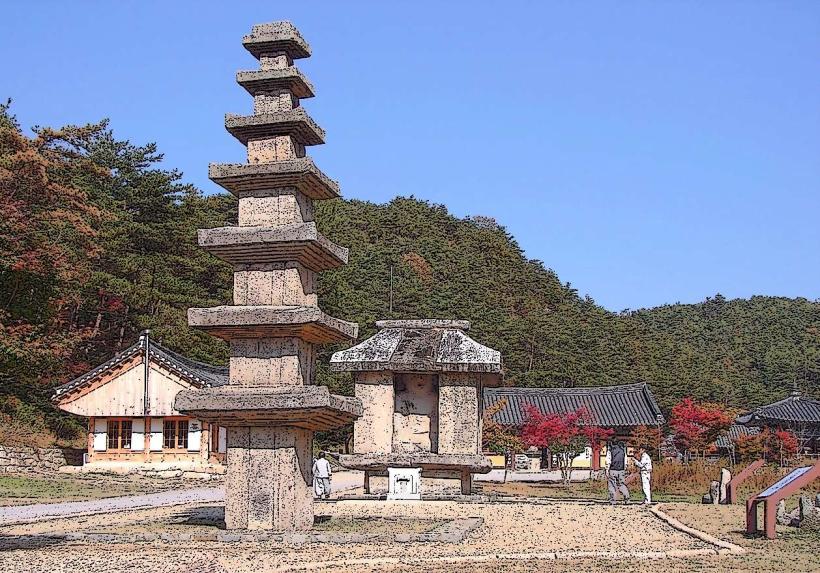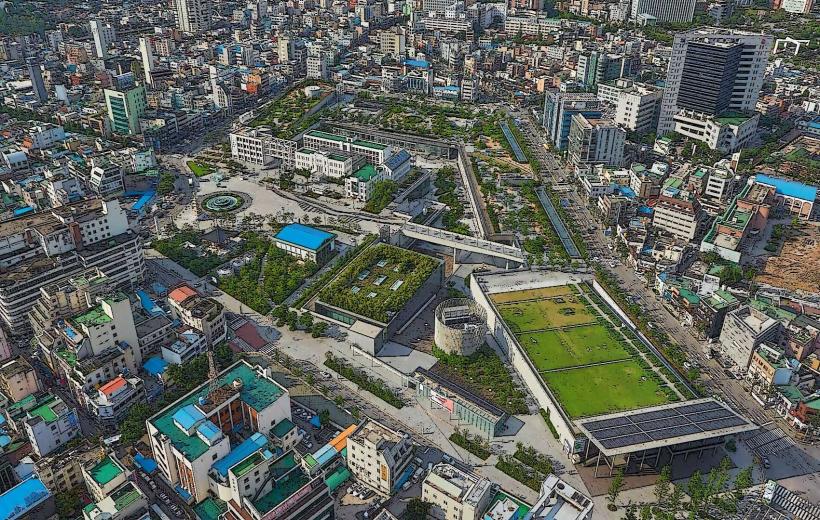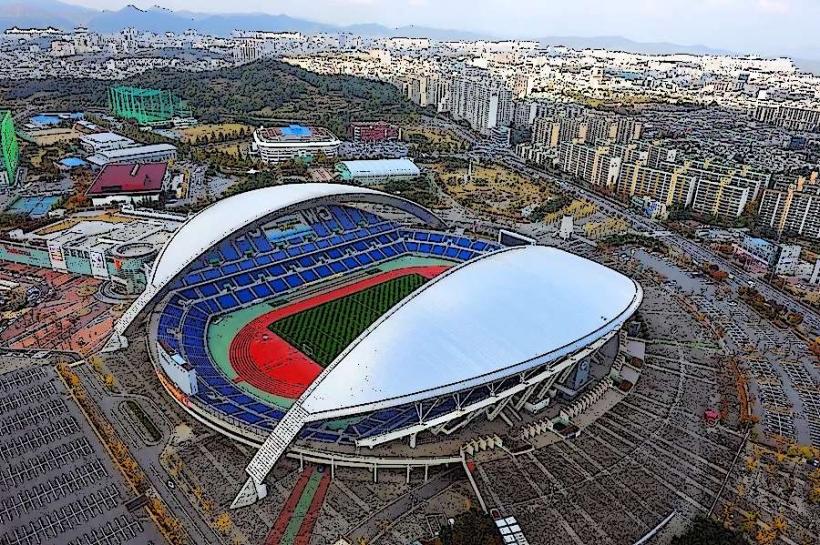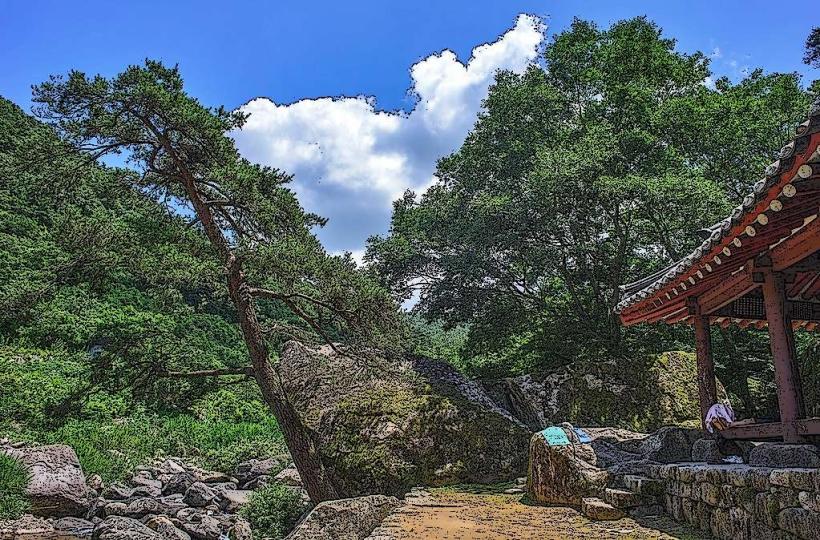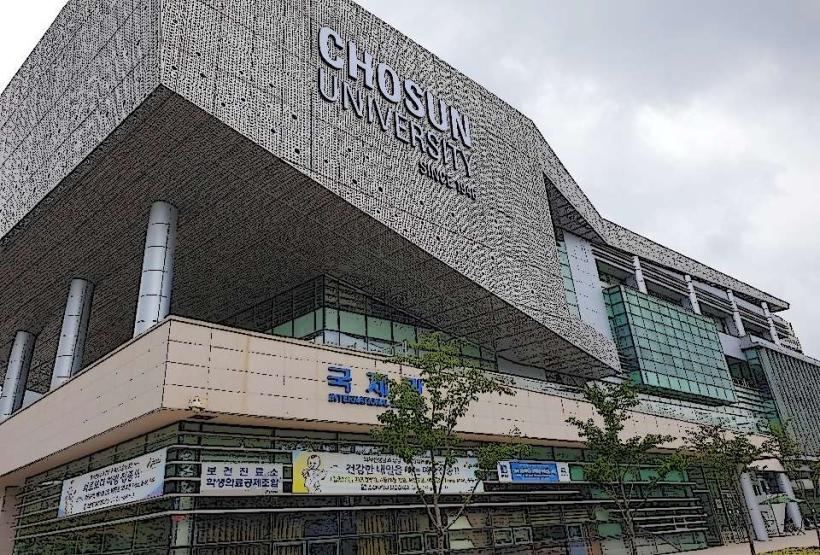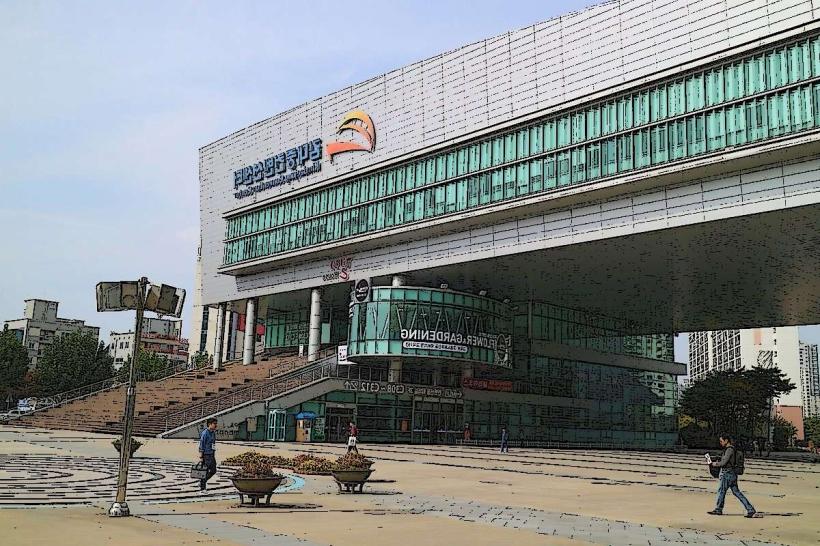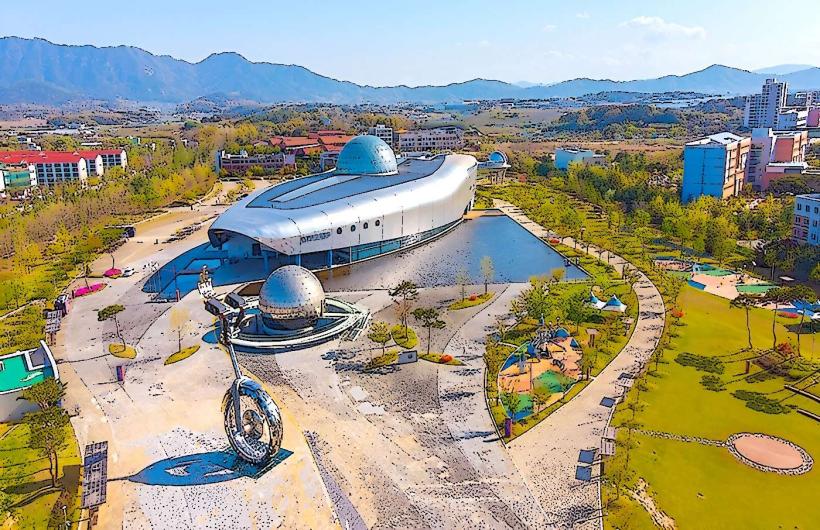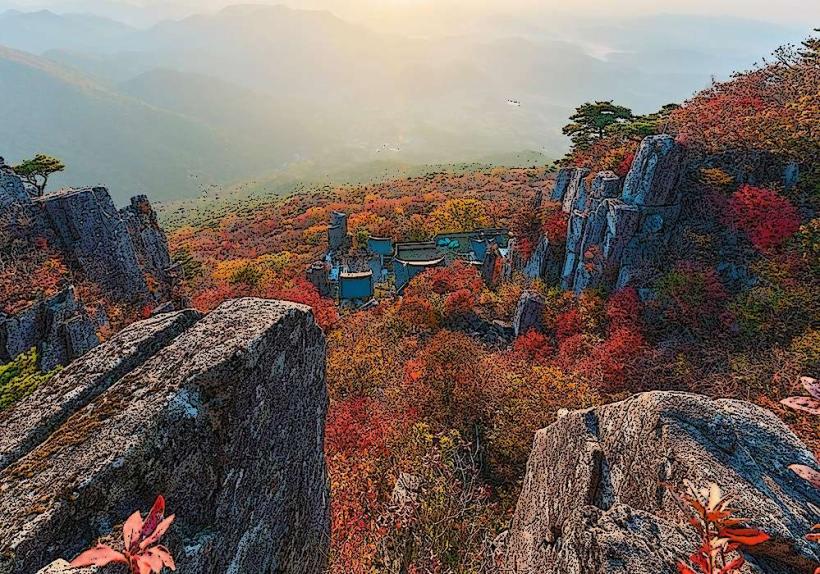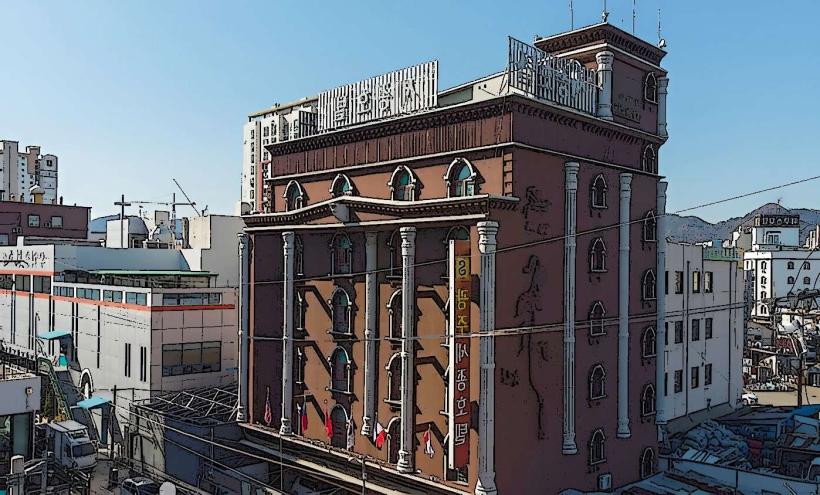Information
Landmark: Gwangju Kimchi TownCity: Gwangju
Country: South Korea
Continent: Asia
Gwangju Kimchi Town, Gwangju, South Korea, Asia
Gwangju Kimchi Town is a cultural complex dedicated to the preservation and promotion of Korean kimchi, located in Gwangju, South Korea.
It serves as an educational and experiential center for this significant aspect of Korean cuisine.
Visual Characteristics
The complex comprises several low-rise buildings constructed with a combination of modern concrete and traditional Korean architectural elements, including dark tiled roofs and wooden accents. The primary color palette is neutral, with white walls and dark roofing. The grounds feature landscaped areas with native Korean flora and designated spaces for outdoor demonstrations.
Location & Access Logistics
Gwangju Kimchi Town is situated approximately 8 kilometers southwest of Gwangju city center. Access is primarily via the Gwangju-Daegu Expressway (Route 1) and then local roads such as Jisan-ro. Public transportation options include city bus lines 160 and 518, which stop within a 500-meter walk of the entrance. Limited on-site parking is available for private vehicles.
Historical & Ecological Origin
The concept for Gwangju Kimchi Town was developed to safeguard and disseminate the traditional methods of kimchi making, recognized by UNESCO as an Intangible Cultural Heritage of Humanity. Construction was completed in the early 2010s, with the facility officially opening in 2014. It is not a natural site but a purpose-built cultural institution.
Key Highlights & Activities
Visitors can participate in kimchi-making workshops, where they learn to prepare various types of kimchi using traditional techniques. The complex houses a museum detailing the history and cultural significance of kimchi, including regional variations. Cooking demonstrations are regularly scheduled. The on-site restaurant offers a menu featuring dishes prepared with locally made kimchi.
Infrastructure & Amenities
Restroom facilities are available within the main buildings. Shaded areas are provided by architectural overhangs and strategically planted trees. Cellular phone signal (4G/5G) is generally reliable throughout the complex. Food vendors are not present on-site, but a restaurant operates within the facility.
Best Time to Visit
The best time for visiting is during the spring (April-May) and autumn (September-October) months, when temperatures are moderate. For photography, morning light offers softer illumination on the buildings and grounds. Kimchi-making workshops are often more readily available outside of peak holiday seasons.
Facts & Legends
Gwangju is historically renowned for its distinct style of kimchi, often characterized by its rich flavor profile and the use of fresh, high-quality ingredients. A local anecdote suggests that the quality of kimchi made in Gwangju is directly influenced by the purity of the region's spring water, a claim that underscores the importance of local resources in traditional culinary practices.
Nearby Landmarks
- Mudeungsan National Park (5km Northeast)
- Gwangju National Museum (7km North)
- Asia Culture Center (8km North)
- Gwangju World Cup Stadium (3km West)
- Yangnim-dong Historic Site (6km North)

